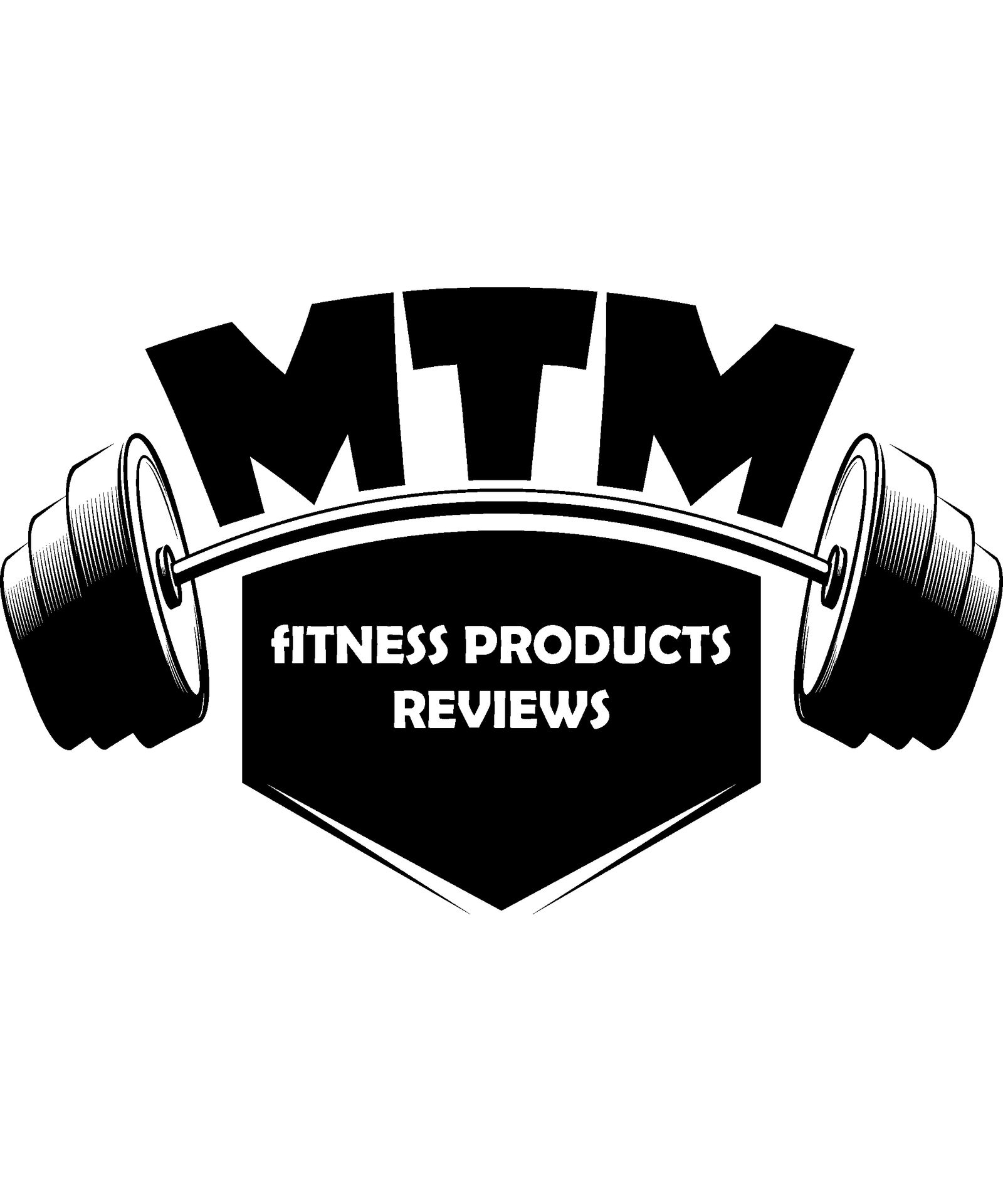1. Fitbit Charge 6 (Porcelain)
Overview
The Fitbit Charge 6 combines a sleek design with robust fitness tracking at an approachable price. It features a 1.4″ AMOLED display, Google-powered apps (Maps, Wallet, YouTube Music control), and improved heart rate accuracy—Fitbit claims up to 60% better accuracy in HIIT-style workouts compared to earlier models.
Key Features
- Most accurate heart rate tracker on a Fitbit.
- Gym equipment/Bluetooth integration and GPS included
- Includes 6-month Fitbit Premium membership
- Up to 7 days battery; water-resistant with water lock for handwashing and showers.
Pros & Cons
👍 Pros:
- Stylish, lightweight, and comfortable for all-day wear
- Accurate tracking across sleep, heart rate, and Active Zone Minutes
- Useful Google integration and app controls
👎 Cons:
- Loss of Spotify support and dependency on YouTube Music subscription
- Mixed reviews on reliability and battery longevity
- Fitbit Charge 6 tracks key metrics from calories and Active Zone Minutes to Daily Readiness and sleep[4]; move more with…
- See your heart rate in real time when you link your Charge 6 to compatible exercise machines, like treadmills, elliptica…
- Explore advanced health insights with Fitbit Charge 6; track your response to stress with a stress management score; lea…
2. Garmin Forerunner 165
Overview
Designed for running enthusiasts, the Garmin Forerunner 165 strikes a balance between focused fitness metrics and smartwatch versatility. It features a colorful AMOLED touchscreen, long battery life (up to 11 days smartwatch, 19 hours GPS), and adaptive training tools
Key Features
- Built-in GPS with pace, distance, and wrist-based HR tracking
- Personalized workouts via Garmin Coach and race-adaptive training plans
- Over 25 built‑in sports profiles, including swimming and cycling
- Morning report summarizing sleep, HRV, recovery, and weather
Pros & Cons
👍 Pros:
- Purpose-built for runners with excellent tracking and insights
- Long battery life ensures fewer charges during training
- Lightweight with tactile buttons and intuitive navigation
👎 Cons:
- Lacks onboard music storage and limited streaming options
- May feel over-specialized for users not focused on structured training
- Easy-to-use running smartwatch with built-in GPS for pace/distance and wrist-based heart rate; brilliant AMOLED touchscr…
- Up to 11 days of battery life in smartwatch mode and up to 19 hours in GPS mode
- Reach your goals with personalized daily suggested workouts that adapt based on performance and recovery; use Garmin Coa…
3. WHOOP Peak + 12‑Month Membership
Overview
WHOOP Peak redefines fitness tracking with a membership-based model focusing on recovery, strain, and healthspan. It doesn’t display data on the device—all insights come through the app. The kit includes a WHOOP 5.0 band, wireless charger, and 12 months of analytics
Key Features
- 24/7 tracking: HR, HRV, SpO₂, sleep, stress, menstrual cycle, VO₂ max, “Pace of Aging”
- Personalized coaching for recovery, strain, and sleep optimization
- Battery life of 14+ days with onboard wireless “PowerPack” recharging
- Healthspan insights offer long-term physiological age tracking
Pros & Cons
👍 Pros:
- Unmatched depth in recovery and strain analytics
- Extended battery life with continuous wearability
- Ideal for athletes optimizing performance and wellness
👎 Cons:
- Membership model (~$349 USD with 12 months) may deter casual users
- No on-device display means reliance on app
- Mixed experiences reported by users with plans and device activations
- EVERYTHING YOU NEED IS INCLUDED: Your WHOOP purchase includes a 12-month WHOOP Peak membership, a WHOOP 5.0 device, a Su…
- CONTINUOUS MONITORING: WHOOP monitors your most important metrics, including sleep, heart rate, blood oxygen, stress, me…
- A HOLISTIC VIEW OF YOUR HEALTH: Understand your baseline vitals like heart rate and skin temperature with Health Monitor…
🔍 Final Verdict & Buying Advice
| Feature | Charge 6 | Forerunner 165 | WHOOP Peak |
|---|---|---|---|
| Heart rate accuracy | Very good (Google AI) | Good | Excellent continuous tracking |
| Display | AMOLED, color, apps | Bright AMOLED w/buttons | No display, app‑only interface |
| Battery life | ~7 days | 11 days smartwatch | 14+ days with wearable charging |
| Training features | Basic workouts & zones | Adaptive plans, multisport | Deep recovery & strain focus |
| Value for money | Mid-range price + Premium | ~$199 price point | High, demand membership |
- Casual users and health-conscious consumers will love the Fitbit Charge 6’s sleek look, smart features, and Google app integration.
- Serious runners or multisport athletes benefit most from the Garmin Forerunner 165—its GPS accuracy, adaptive training, and large battery make it a strong value.
- Performance-focused individuals and recovery-minded users should consider Whoop Peak, especially if the insight-driven approach justifies the annual cost.
✅ Who Should Buy What?
- Choose Fitbit Charge 6 if you want a stylish, everyday fitness tracker with smart capabilities and excellent heart rate accuracy.
- Choose Garmin Forerunner 165 if you’re training for races and want performance metrics, adaptive coaching and long battery backup.
- Choose WHOOP Peak if you’re all-in on optimizing performance, recovery, and long-term wellness with advanced analytics.
📌 Remember: prices and availability change—always update your banners before publishing!



